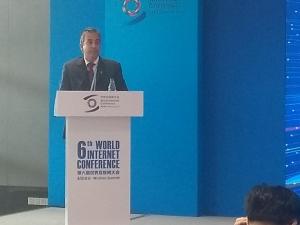
Below you will find the speech of the first deputy minister of Communications of Cuba, Wilfredo González Vidal, in the round table titled: "The role of the government in the construction of an intelligent society" as part of the sub-forum: "Ministerial Forum" titled: "Intelligent Society and Sustainable Development", within the framework of the 6th World Internet Conference, in Wuzhen, China.
In February 2017, the Council of Ministers of the Republic of Cuba approved " The comprehensive policy for the improvement of computerization", the guiding document for this process. It identifies a significant number of projects or basic systems fundamentally aimed at the creation of technological infrastructure, the production of digital content and the production of services, the security of cyberspace and the appropriate institutional legal framework to develop this process.
Computerization and cybersecurity are a priority in Cuba, acknowledging the necessary link between development-oriented science and the solution of national problems.
The policy envisages the creation of the National Computerization Program, which would integrate and harmonize each sector of the economy and, at the territorial level, the use of ICTs in support of the country's main priorities and transformations in the short, medium and long term.
Cuba has adopted a model that contains four (4) stages for the establishment and development of e-government: Presence, Interaction, Transaction, and Transformation. At present, specific actions of the second stage are being developed to achieve an interaction between citizens and government management through the use of information technologies.
To cite just one example of the priorities of the National Program, online services are developed between institutions and citizens, prioritizing procedures, government management, and e-commerce. In this sense, all the agencies of the central administration of the State and the provincial governments already have their websites on the Internet, which broadens the possibilities of exchange between the government and the citizens.
Within the policy is found as a strategic approach, the creation of mechanisms to produce and market applications, services and Cuban digital content, which supports the concept of sustainability of the process, emphasizing the development of e-government and e-commerce.
From the previous strategy, in the last 6 years a group of basic nationally-developed applications have been created, which provide sovereignty and enable the exploitation of young people's talents, mainly IT professionals, who have obtained their degrees during our revolution, based on the importance given by the Cuban government to the training of new generations.
Some examples are the creation of e-mail platforms; open-source distributions as core software for desktops and servers; the deployment of e-commerce platforms; the operation of collaborative messaging platforms; the development of a national anti-virus; digital payments and collections gateways; and geographic positioning systems with digital cartography, to name just a few.
These small steps forward have taken place despite the tightening of the economic, commercial and financial blockade imposed on Cuba by the hostile and extraterritorial policy of the United States. From 2018 until March 2019, the blockade economically damaged the communication and information technology sector, including telecommunications, for a value of $55 million.
The damage is done through the denial of access to the service or the downloading of the information when it is recognized that the link is made from an IP address granted to the Cuban domain.cu, which makes self-preparation or distance training difficult.
Cuban human resources are the country's main asset for developing a fair, modern and sustainable society. Using young generations as a source of knowledge and action, based on the training that the revolution has historically provided as part of a policy aimed at including everyone and not excluding anyone from the benefit of knowledge, represents one of the development strategies of the Cuban government, in its priority to modernize our economy and guarantee the national security of the country.





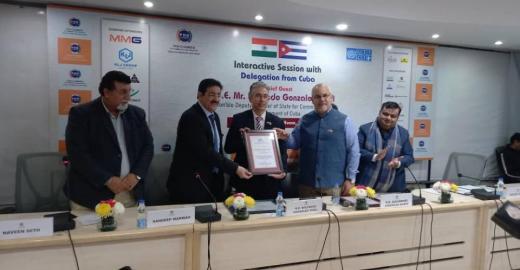

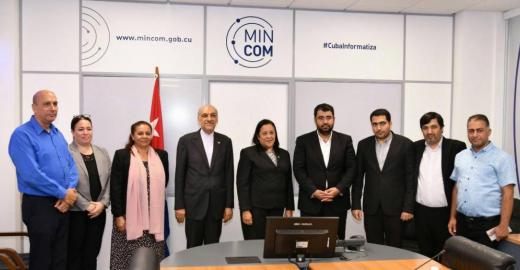



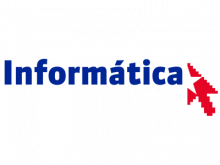

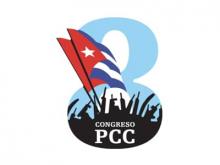
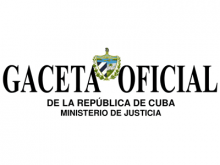
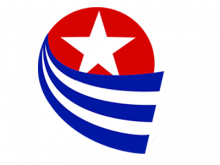
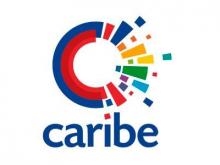
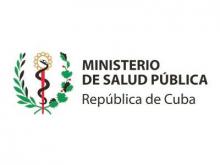

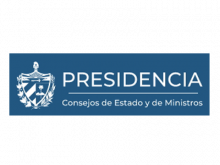

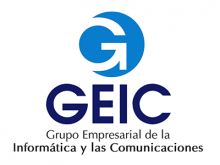
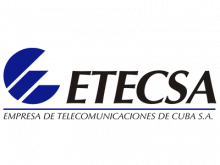
Publicar nuevo comentario